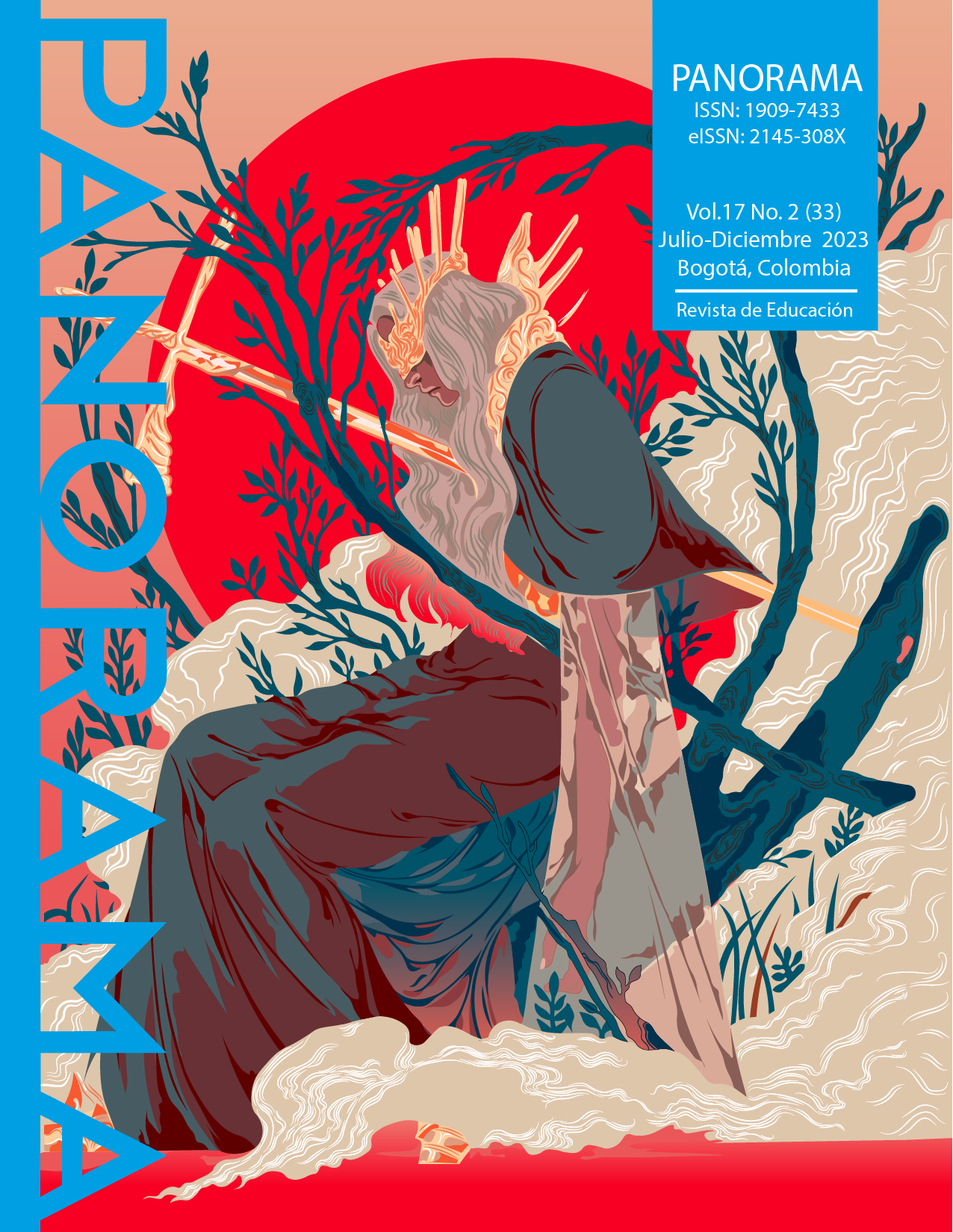Resumen
La educación ha experimentado una transformación profunda debido a la era digital. La integración de las tecnologías, el cambio en los modos de lectura, la forma de acceder al conocimiento son sólo la punta del icerberg, sin contar, con la inteligencia artificial (IA), los ambientes inmersivos, la fusión de las realidades. Nuevos enfoques pedagógicos están surgiendo y hay una redefinición de los roles en los actores en el proceso educativo. El tutor 4.0 (ya no se sabe si ese es el número) debe estar preparado para desenvolverse en este nuevo contexto, caracterizado por la ubicuidad, la convergencia de lo digital y lo físico, el metaverso, la transdigitalidad y la necesidad de una formación integral y personalizada.
Referencias
Al-Ali, A., Alsmairat, M. A. K., Qawasmeh, R., Mahrakani, N. J. y Alhazzani, N. S. (2024). Exploring the role of digital citizenship and digital empowerment to enhance academic performance of business students. International Journal of Data and Network Science, 8(2), 1275–1284. https://doi.org/10.5267/j.ijdns.2023.11.007
Barlybayev, A. y Sharipbay, A. (2015). An intelligent system for learning, controlling and assessment knowledge. Information (Japan), 18(5), 1817–1827. https://www.scopus.com/inward/record.uri?eid=2-s2.0-85000730461&partnerID=40&md5=5bc62fa76c4ca5cd7341cd71bee3c3b0
Barrot, J. S. (2023). Using ChatGPT for second language writing: Pitfalls and potentials. Assessing Writing, 57. https://doi.org/10.1016/j.asw.2023.100745
Bosio, E., Waghid, Y., Papastephanou, M. y McLaren, P. (2024). Guest Editorial: Critical and Creative Practices of Global Citizenship Education in the Digital Age of Information and Communication Technologies. Journal of Creative Communications, 19(1), 7–12. https://doi.org/10.1177/09732586231211397
Dlamini, M. y Leung, W. S. (2018). Evaluating machine learning techniques for improved adaptive pedagogy. 2018 IST-Africa Week Conference, IST-Africa 2018. https://www.scopus.com/inward/record.uri?eid=2-s2.0-85051198139&partnerID=40&md5=de3256966ba7742f00671a986cc38615
Du Boulay, B. (2011). Motivational processes. Lecture Notes in Computer Science (Including Subseries Lecture Notes in Artificial Intelligence and Lecture Notes in Bioinformatics), 6738 LNAI, 55–62. https://doi.org/10.1007/978-3-642-21869-9_10
Japar, M., Casmana, A. R., Adha, M. M. y Fadhillah, D. N. (2024). Students’ Perspectives on Civic Education through Digital Citizenship in The Virtual Era. European Journal of Educational Research, 13(1), 89–102. https://doi.org/10.12973/eu-jer.13.1.89
O’dea, X. y O’Dea, M. (2023). Is Artificial Intelligence Really the Next Big Thing in Learning and Teaching in Higher Education? A Conceptual Paper. Journal of University Teaching and Learning Practice, 20(5). https://doi.org/10.53761/1.20.5.05
Örtegren, A. (2024). Philosophical underpinnings of digital citizenship through a postdigital lens: Implications for teacher educators’ professional digital competence. Education and Information Technologies, 29(4), 4253–4285. https://doi.org/10.1007/s10639-023-11965-5
Pedrazzoli, A. (2010). OPUS one: An intelligent adaptive learning environment using artificial intelligence support. AIP Conference Proceedings, 1247, 215–227. https://doi.org/10.1063/1.3460231
Strom, K., Mills, T., Abrams, L. y Dacey, C. (2018). Thinking with Posthuman Perspectives in Self-Study Research. Studying Teacher Education, 14(2), 141–155. https://doi.org/10.1080/17425964.2018.1462155
von Gillern, S., Gould, H., Gannon, M. y Haskey-Valerius, B. (2024). Digital citizenship and its relevance for literacy education: perspectives of preservice teachers. Australian Journal of Language and Literacy, 47(1), 73–90. https://doi.org/10.1007/s44020-024-00059-5
von Gillern, S., Korona, M., Wright, W., Gould, H. y Haskey-Valerius, B. (2024). Media literacy, digital citizenship and their relationship: Perspectives of preservice teachers. Teaching and Teacher Education, 138. https://doi.org/10.1016/j.tate.2023.104404
Woolf, B. P. (2004). Reasoning about teaching and learning. En C. R., P.-C. J.-L., E. I. Universidad de Málaga Dpto. Lenguajes y Ciencias de la Computación, Boulevard Louis Pasteur, 35, Málaga, 29071, U. M., y D. L. y S. I. EPV/EHU Código Postal 649, San Sebastián, 20080 (Eds.), Lecture Notes in Computer Science (including subseries Lecture Notes in Artificial Intelligence and Lecture Notes in Bioinformatics) (Vol. 3040, pp. 1–15). Springer Verlag. https://doi.org/10.1007/978-3-540-25945-9_1

Esta obra está bajo una licencia internacional Creative Commons Atribución-NoComercial-SinDerivadas 4.0.
Derechos de autor 2023 Panorama





